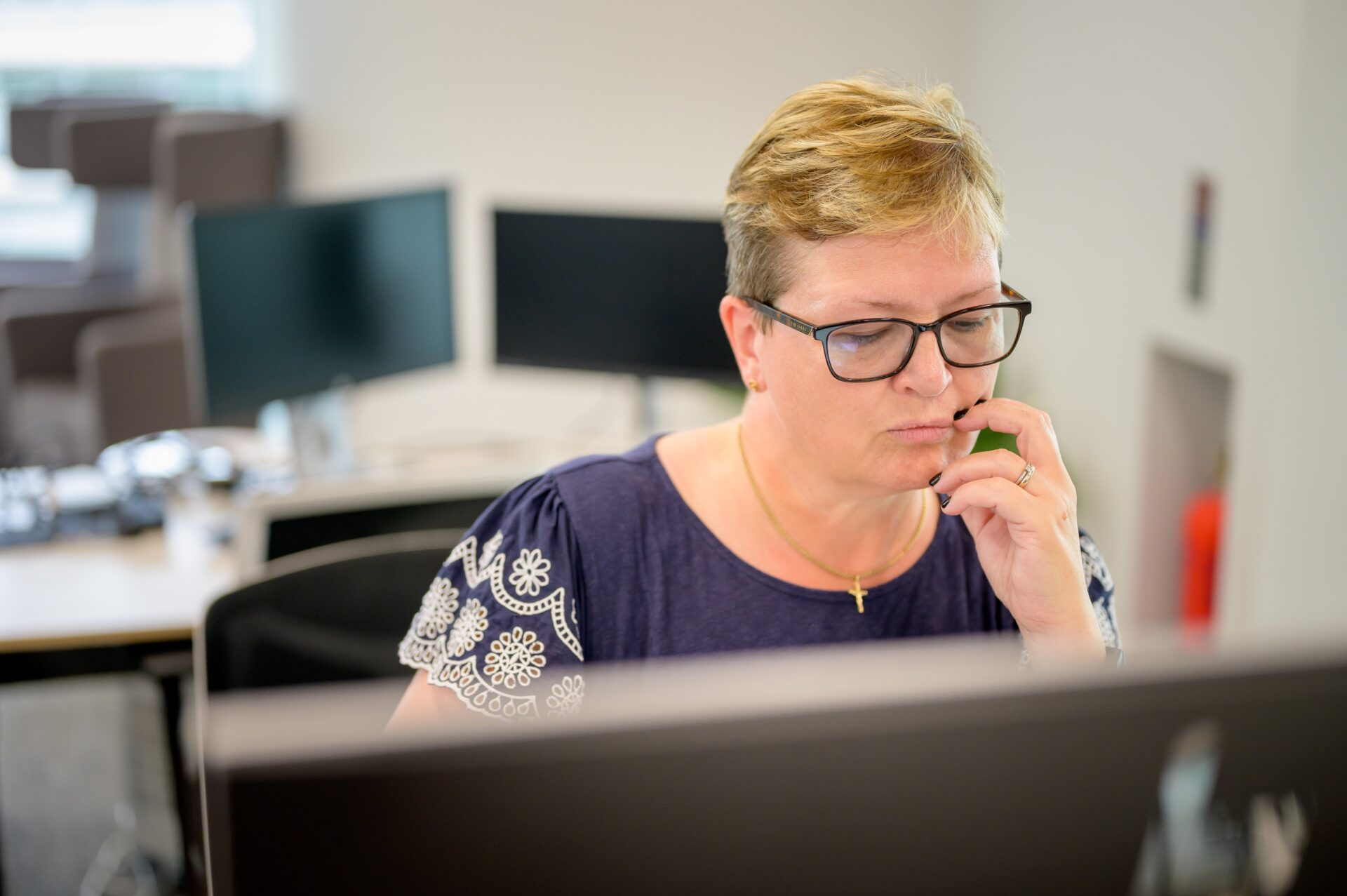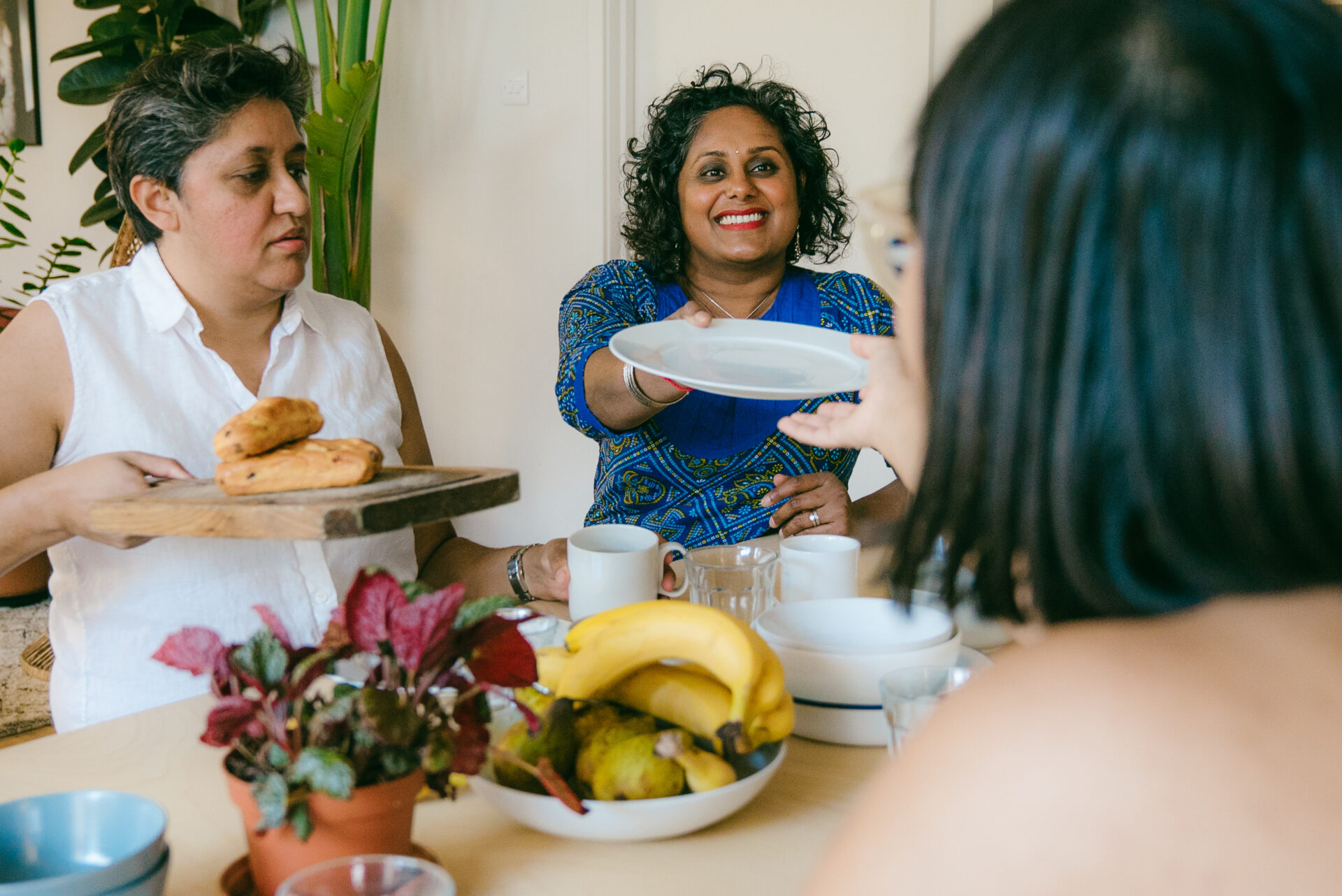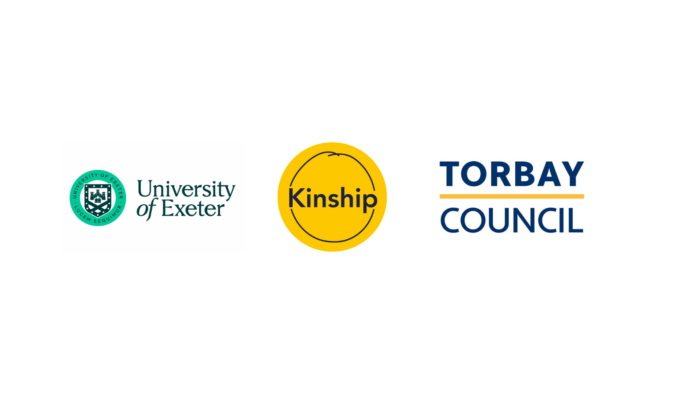
Learn about Kinship’s research, informed by the experiences of kinship carers, and see how we use this evidence to call for change in law, policy, and practice.
For professionals:
The study is funded by the National Institute for Health and Care Research (NIHR) and led by the University of Exeter in collaboration with Kinship and supported by the University of Plymouth and Torbay Council. The research team comprises: Professor Felicity Thomas, Professor Katrina Wyatt, Dr Lorien Jasny, Dr Tom El-Hoss, Susanne Hughes, Angela Harper (kinship carer) and Emily Gomez (kinship carer) from the University of Exeter; and Dr Felix Gradinger from the University of Plymouth.
Please visit Support and advice for kinship carers

Click on the link below to take you to the section you'd like to read:
Study Status: ongoing
The main source of support for many kinship carers comes from family, friends and community groups. However, we don’t know who this more informal support is available to, what role it plays and how this differs with factors like kinship carer and child age, child needs, religion, ethnicity and location.
The research aims to understand this better and look at what support would be helpful for kinship carers.
The objectives are to:
Kinship will add questions to their national annual survey about social networks and how they help kinship carers to support their children.
We will undertake in-depth social network mapping and interviews with kinship carers in Torbay, Walsall and Newcastle. We will train and support kinship carers as peer researchers to help us carry out data collection. We will also speak to children’s social care teams in the three areas to understand how kinship carer social networks are taken into account during assessments and could be strengthened in support plans.
If you are interested in taking part or have any questions, contact:
